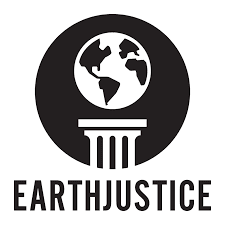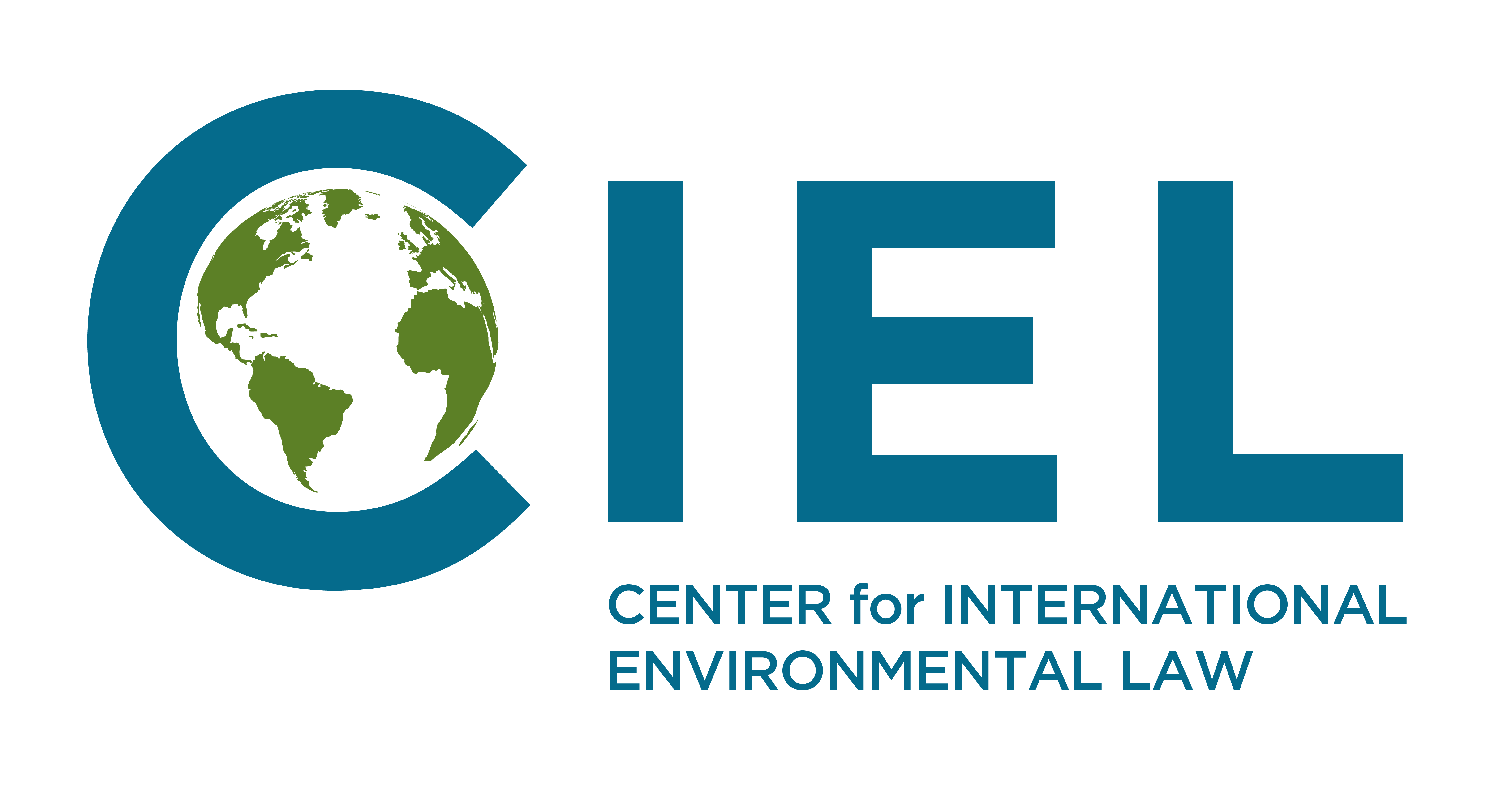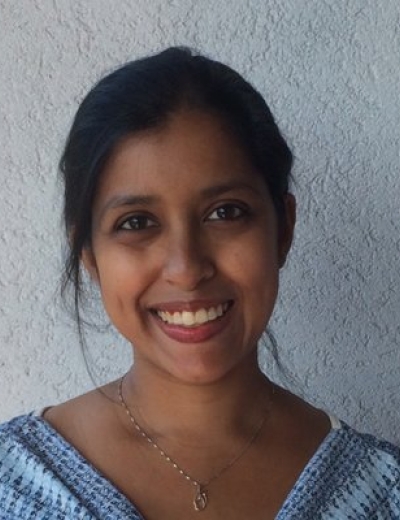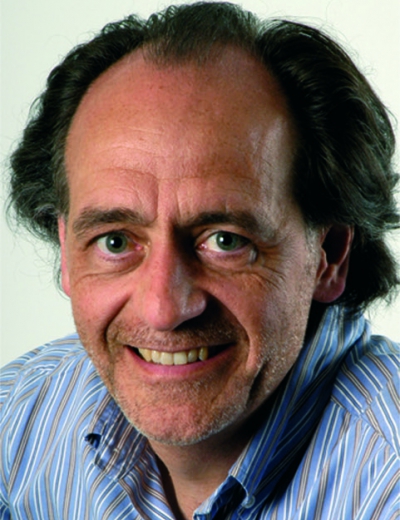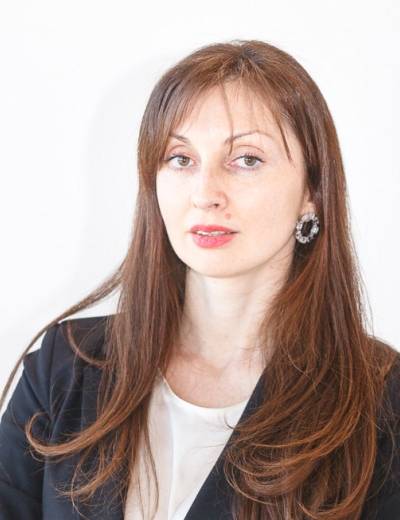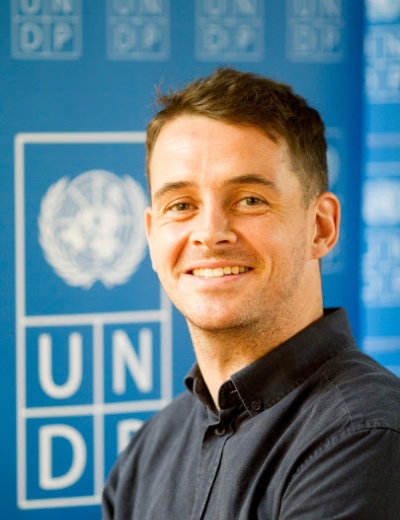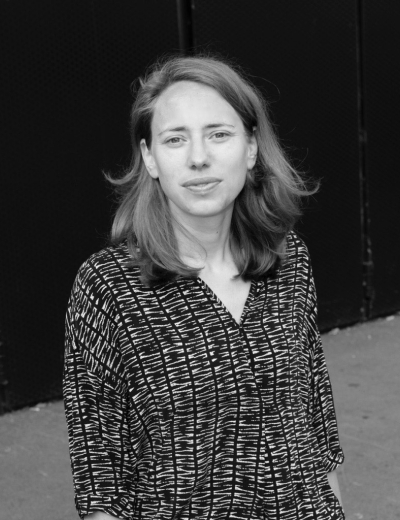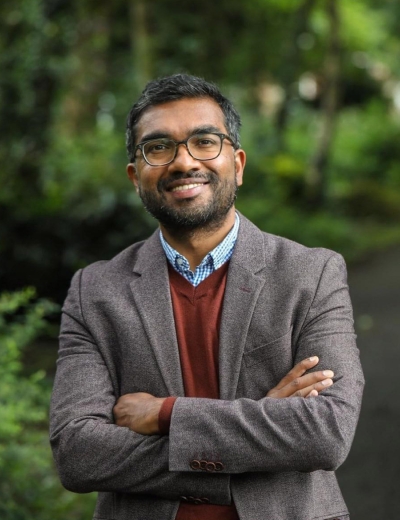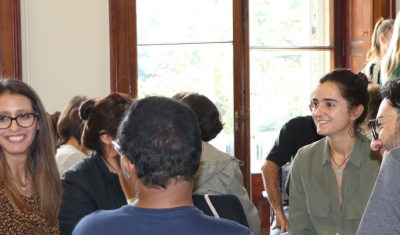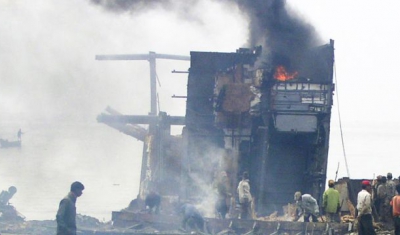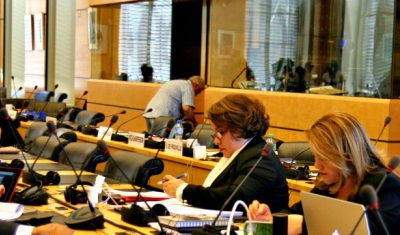Protecting Human Rights and the Environment

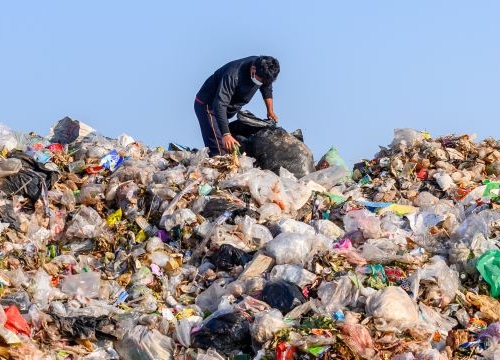
Adobe
On 8 October 2021, the United Nations (UN) Human Rights Council adopted a landmark resolution recognizing for the first time the right to a safe, clean, healthy and sustainable environment as an autonomous human right. This resolution paved the way for a second formal recognition by the UN General Assembly on 28 July 2022.
In parallel, UN human rights treaty bodies have increasingly recognized the impact of environmental degradation and climate change on fundamental human rights, urging states to adopt measures that protect the rights to life, health, and housing from environmental-related harms.
Litigation at national and regional levels is also gaining traction in this field. By expanding their case law through contentious jurisdiction and advisor opinions on several issues –such as transboundary environmental harm, climate change and the protection of biodiversity – courts have been playing a pivotal role in the evolution and enforcement of international environmental law and human rights law.
Such developments illustrate the growing understanding that environmental protection and human rights are deeply interconnected and that their enforcement relies on the collaborative efforts of multiple actors, encompassing international organizations, national governments, and civil society.
Participants in this training course will examine the major international and regional instruments for the promotion of human rights and the environment, familiarizing themselves with the respective implementation and enforcement mechanisms. The course will also provide practical insights into the different UN human rights mechanisms pertinent to advancing environmental issues and protecting environmental human rights defenders. The synergies and tensions between international human rights law and international environmental law will be addressed, focusing both on substance and procedure. The key role of environmental compliance mechanisms will also be addressed, as well as the human rights angle to climate change litigation before different regional and international bodies.
The course – co-organized with EarthJustice and the Center for International Environmental Law – will draw on experts from major UN bodies in Geneva and elsewhere, as well as experts from academia, government, business and civil society.
Two Modules
The course is composed of two independent – although complementary – modules, meaning that participants can choose to follow the course in its entirety (Module 1 + Module 2) or to only follow Module 1 (it is not possible to apply for Module 2 only).
The programme will consist of a series of frontal lectures complemented by an interactive workshop, designed to offer a comprehensive and engaging learning experience on the intersection of human rights and environmental protection.
Module 1 – Human Rights and the Environment: Introducing Legal Regimes and Key Issues
3 Half Days on 2, 9 and 11 of September, from 13:00 to 17:30, Geneva time, Fully Online
This module aims to introduce participants to the major international and regional instruments for the promotion of human rights, as well as international environmental law and its implementation and enforcement mechanisms. It will also provide an overview of the key issues about human rights and the environment.
It will:
- Explore the major international (both universal and regional) instruments for the promotion of human rights, as well as their implementation and enforcement mechanisms
- Explore the major international environmental principles and multilateral environmental agreements, with the relevant compliance mechanisms
- Identify particularly vulnerable categories of rights holders, such as indigenous people, women and migrants.
Module 2 – Protecting Human Rights and the Environment
16–20 September 2024, 5 Full Days, In Geneva or Online
Module 2 aims to provide practical insights into the different UN human rights mechanisms pertinent to advancing environmental issues and protecting environmental human rights defenders and address the synergies and tensions between international human rights law and international environmental law.
It will:
- Provide full knowledge of UN human rights treaty bodies and their role in guaranteeing effective protection of human rights and environmental standards
- Provide practical insight into the different mechanisms of the UN Human Rights Council pertinent to further environmental issues and the protection of defenders
- Understand the synergies and tensions between international human rights law and international environmental law
- Address the procedural dimension of environmental rights, with specific regard to access to justice and information
- Examine the role and responsibilities of businesses vis-à-vis the protection of human rights and the environment
- Assess environmental litigation paths and procedural hurdles before human rights courts.
- Understand the repercussions of recognizing a human right to a healthy environment, including its implications for legal systems, policy-making, and the obligations of states and non-state actors.
Objectives
- Upon successful completion of both modules, participants will have the knowledge and skills to:
- Grasp the key norms, principles and enforcement mechanisms of international human rights law and environmental law
- Understand how to resort to UN treaty bodies for human rights and environmental concerns
- Understand how to engage with the UN Human Rights Council mechanisms on environmental issues and the situation of defenders
- Assess the legal and policy issues relating to human rights norms that may be employed to protect the environment
- Identify and analyze how basic international and regional human rights systems can be used to provide a measure of environmental protection
- Apply human rights norms to an array of contemporary international and domestic environmental problems
- Assess the litigation options for environment-related human rights cases, as well as the role of amici curiae.
Methodology
The training course will be interactive and participants will be encouraged to share their own experiences and perspectives on the issues covered. The training sessions will include lectures and discussions with a wide range of experts as well as practical examples and case studies. Sessions will be designed to enhance substantive and practical knowledge exchange with peers and facilitators. Group exercises will also demonstrate how to apply in practice the knowledge acquired during the course.
Access to a Dedicated Community Platform
All participants in our training course have access – ahead, during and following their course – to a dedicated community platform (on Mighty Network). This community brings together all the participants to our courses who have unlimited access to the training materials and resources shared during their course and can exchange with all the alumni of the Geneva Human Rights Platform Training Hub.
Audience
This training course is designed for staff of NGOs, development and human rights institutions, UN bodies and other international organizations, business enterprises as well as representatives of governments and members of academia.
The language of instruction during the training is English. All candidates must possess a level of proficiency in English that enables them to actively participate in the training.
Certification
Participants who complete the training course receive a certificate of participation from the Geneva Academy.
Fee
Module 1 (3 Half Days on 2, 9 and 11 of September, from 13:00 to 17:30, Geneva time)
The training fee for following Module 1 is 650 Swiss Francs and includes tuition costs and course materials.
Modules 1 and 2 (5 Full Days)
The training fee for attending Module 1 and Module 2 is 2,100 Swiss Francs and includes tuition costs, course materials, five lunches, and refreshments during coffee breaks.
All participants are responsible for their own travel costs to Geneva, including Swiss visa fees and evening meals (approximately 30 Swiss Francs per meal).
Discount for Online Attendance*
The training fee for those attending the full course online (Module 1 + Module 2) is 1,820 Swiss Francs.
Discount for PhD and Master Students*
There is a 30 percent discount for PhD and master students who apply for the full course. The discount is not available for applications to Module 1 only.
Payment
The fee is payable as soon as your place has been confirmed. As places on the training course are limited, participation can only be secured through the payment of the fee. In case of cancellation by the participant, CHF 200 won't be returned.
* These two discounts cannot be combined.
How to Apply
Applications must be submitted via this online application form, indicating whether you want to follow the full course (Module 1 and Module 2) or only Module 1.
Admission decisions for our training courses are made by our experienced lead trainers. They carefully evaluate each application and may offer acceptance, conditional acceptance, placement on a waiting list, or, in some cases, may need to decline the application.
If you have questions, do not hesitate to contact us: traininghub[at]geneva-academy.ch




